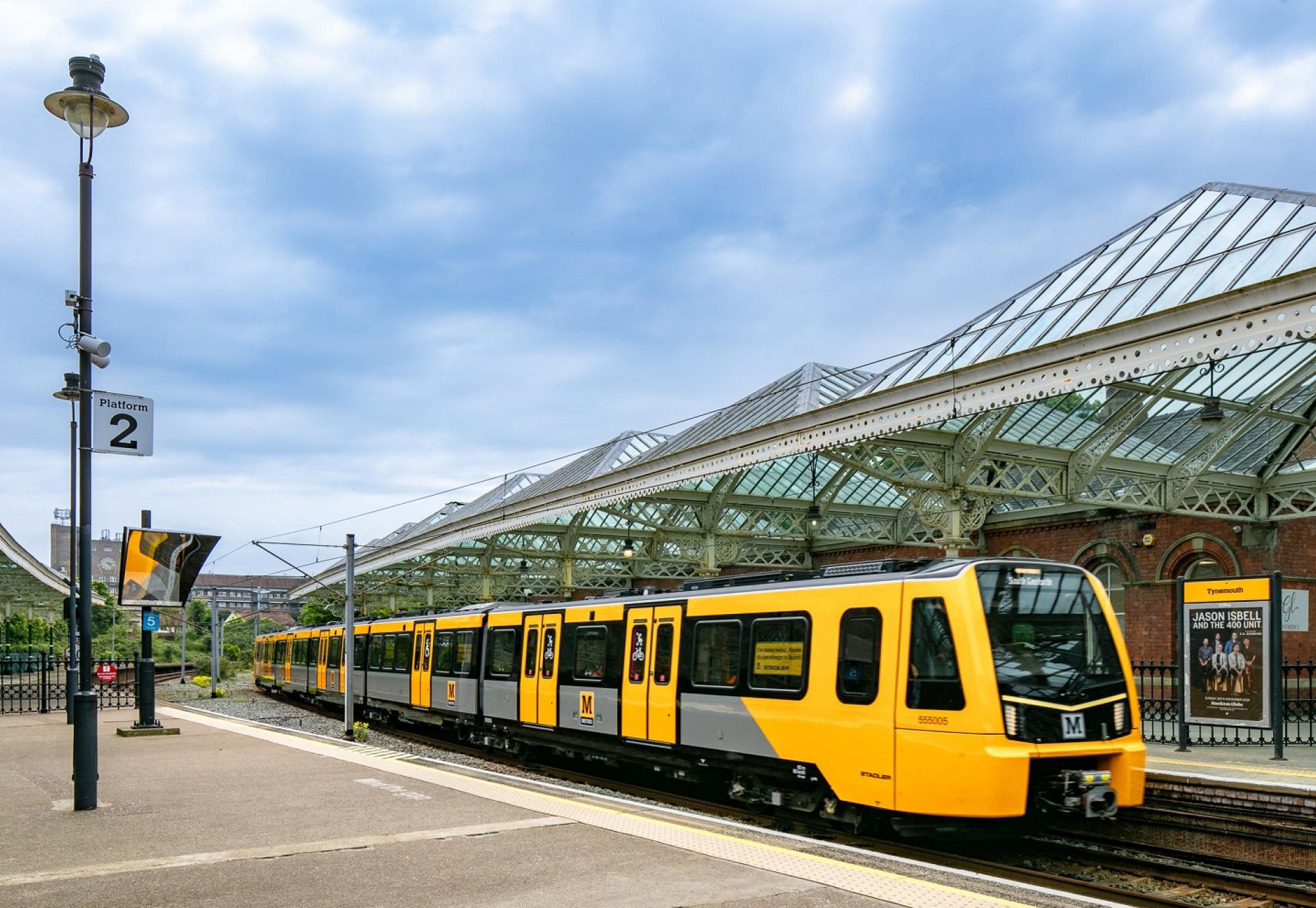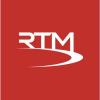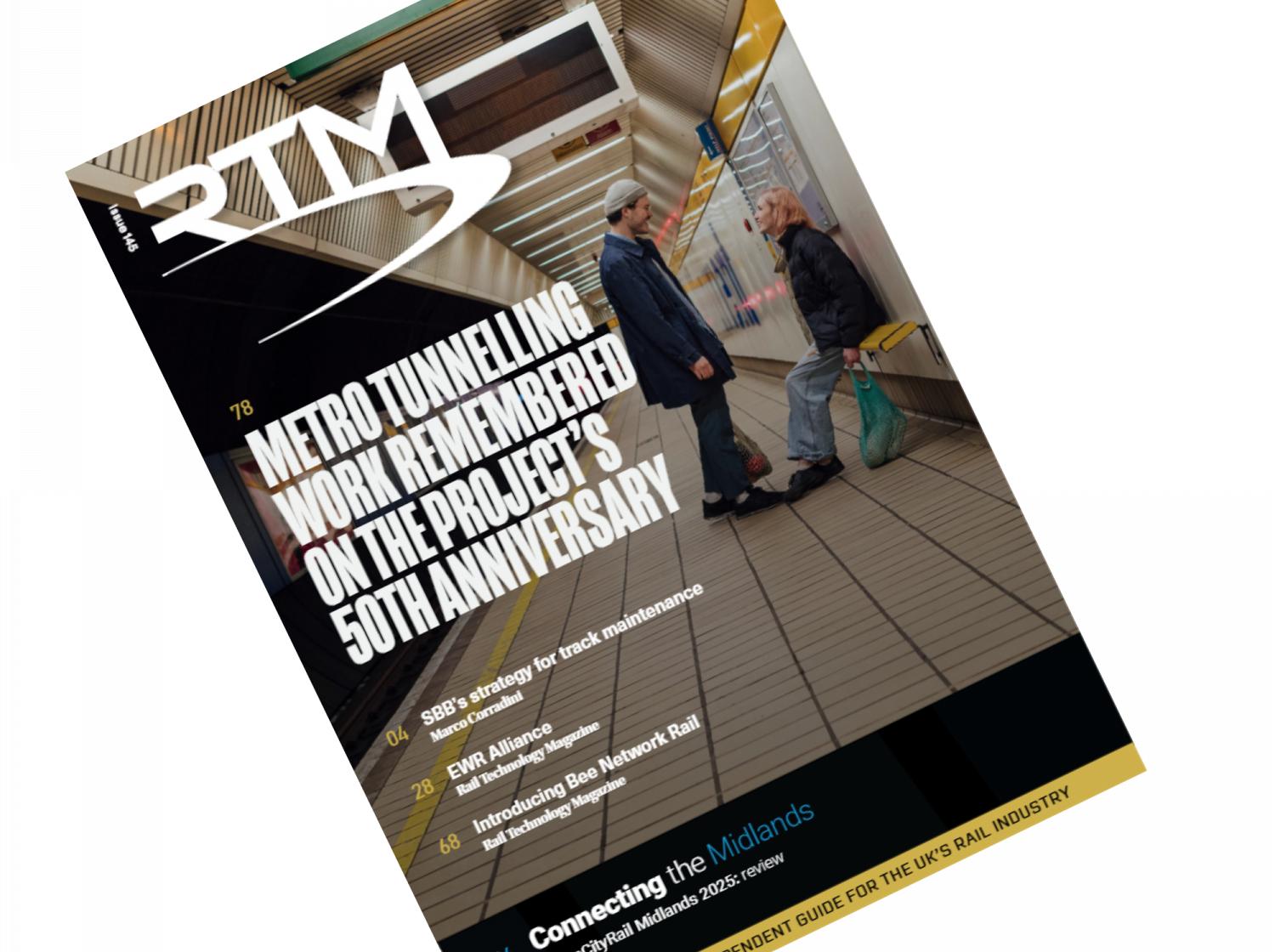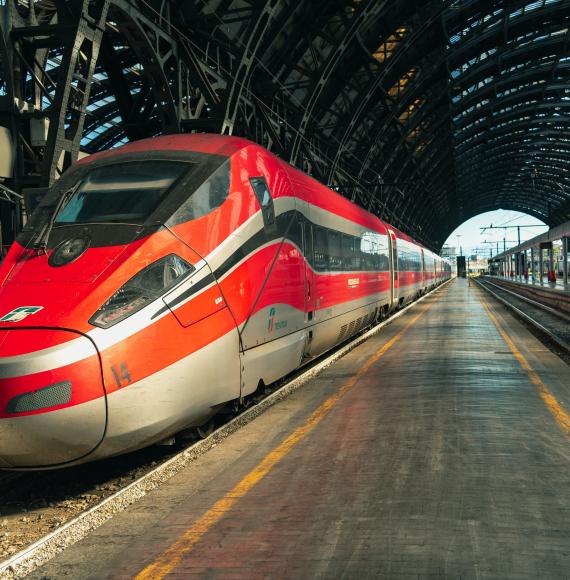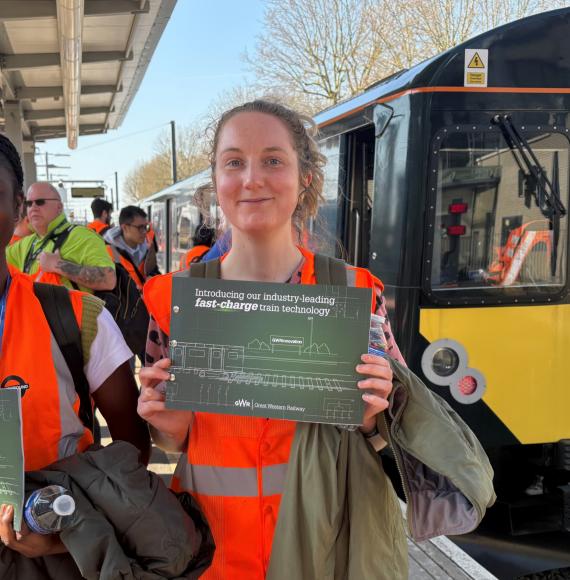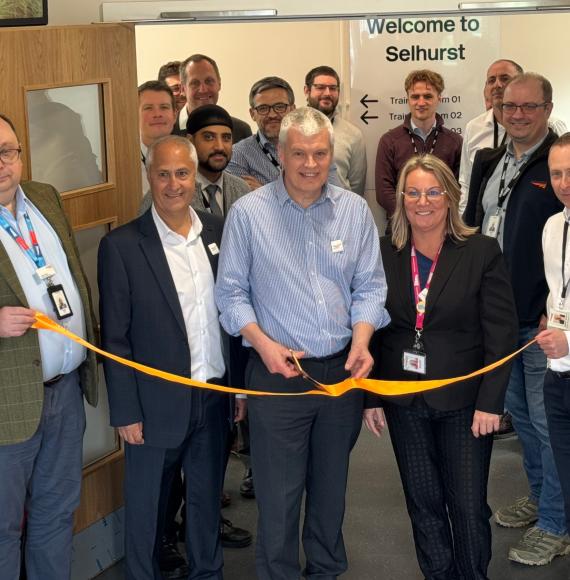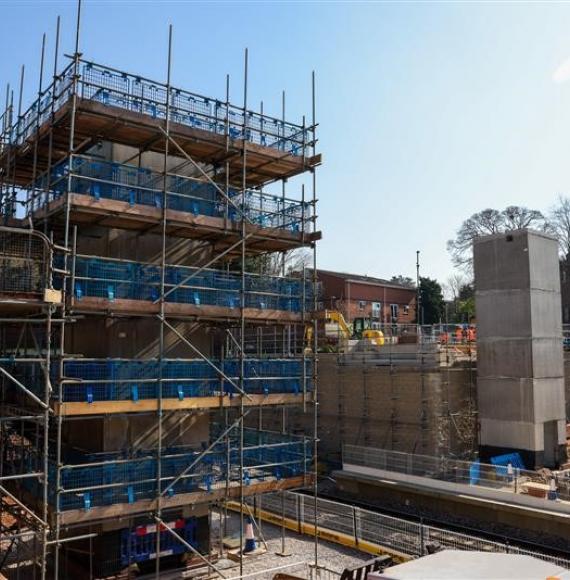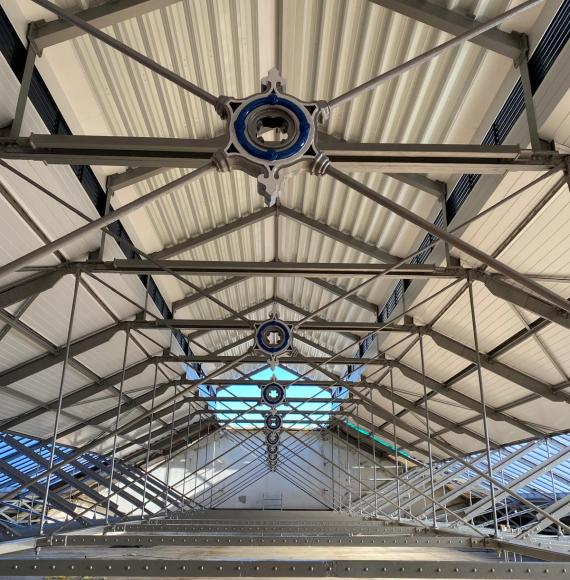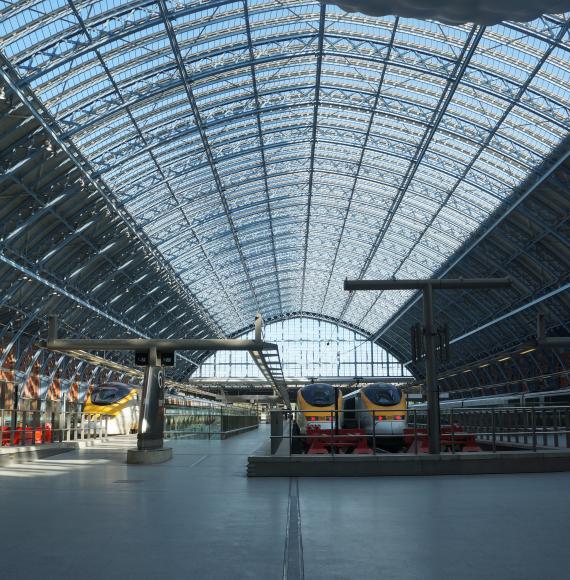Nexus has announced the phased introduction of the Tyne and Wear Metro’s new £362 million fleet of trains over the next two years.
This project, the largest in Metro’s history, will see half of the 46 new trains from Stadler in service by the end of 2025. Nexus aims to have all 46 trains operational within the next two years. The first new Metro train began service on December 18th last year, marking a significant milestone and ushering in a new era of enhanced comfort, quality, security, and reliability for customers.
Paul Welford, Major Projects Director at Nexus, said: “We are excited to be introducing the new Tyne and Wear Metro fleet, which is going to be transformative for our customers.
“Having passed the major milestone of our first train in service, we’re now focused on the next really important phase of the project to roll out the remainder of the fleet.
“We anticipate that we will safely transition 23 new trains into customer service by the end of this year, which is half of the 46 that we have on order from Stadler.
“The first new train went into service on 18 December last year and we will now progress with our plan for a phased roll out of the fleet over the next two years until we have all 46 new trains in customer service. In parallel with new train introduction, we will start to gradually phase out our existing fleet.
“In terms of delivery, we currently have 13 new trains in North East England at the moment which are following our rigorous testing schedule and Stadler will be delivering around 20 more new ones from their factory in Switzerland this calendar year.
“This is the biggest project in Metro’s history and the introduction of new trains is a culmination of many months of detailed commissioning on our network. We are working incredibly hard with our colleagues at Stadler to ensure each new train is ready to operate safely for our customers with positive feedback on our new fleet so far.
“We’re also making good progress with our Metro driver training programme. This continues in parallel with the roll out the new fleet.”
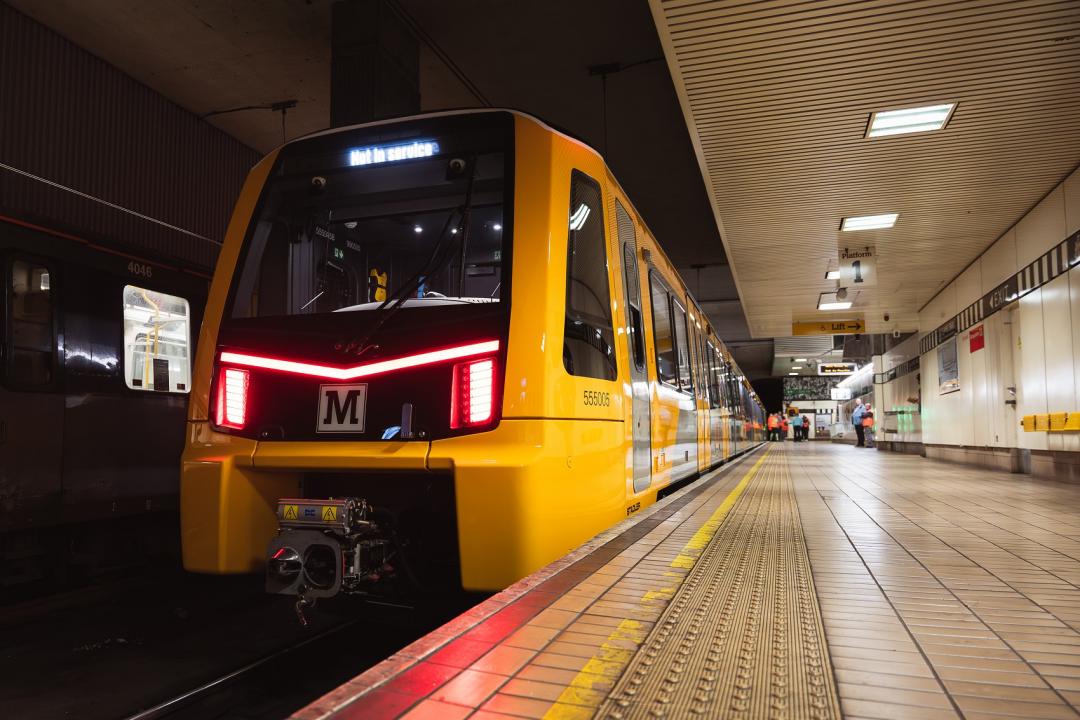
In 2025, Metro customers will experience both the new and existing Metro fleets operating simultaneously. This phased approach allows for the gradual retirement of older trains as new ones are introduced into service.
New trains will be added to the fleet at a rate of one or two per month, though this frequency may vary throughout the roll-out period. This follows extensive and detailed testing.
The gradual introduction of the new Metro fleet ensures that Metro drivers can complete their ongoing training. Nexus, which employs 200 Metro drivers, is conducting conversion training to prepare them for operating the new trains. This training includes classroom sessions, use of a state-of-the-art Metro train driving simulator, and practical driving lessons on the new trains.
A dedicated team of Metro drivers, who have specialized in the new Stadler trains since their construction, is delivering the training. The driver training programme began in late 2024 and is expected to be completed by early 2026.
Michael Richardson, Head of Fleet and Depot Replacement at Nexus, said: “As we get more Metro drivers trained up and more new trains here from the Stadler factory in Switzerland, then the introduction of new trains will move forwards. Eventually we’ll see more new trains on the system than the old ones, and within two years, all of the old trains are scheduled to be gone completely.
“The roll out is a complex mix of continued technical performance monitoring, tweaking operational practices, and understanding how customers are interacting with the range of new features of the train.
“This is a standard part of the introduction process, and we continue to work closely with Stadler to review and continually learn. This is why we have taken a careful phased approach to fleet introduction.”
He added: “The testing process is a vital part of the programme and I am pleased to say that the it has gone well. We have worked closely with Stadler and our own workforce every single step of the way. Thousands of checks have been carried out and many thousands of kilometres covered during the testing process.
“We are now training 200 Metro drivers on the new trains. This has to be done in small groups so that they can master the leap from the old-style train to the new technology of the Stadler units. It’s a big change for our drivers. The driver conversion training is broken down with a blend of classroom and practical train driving lessons.”
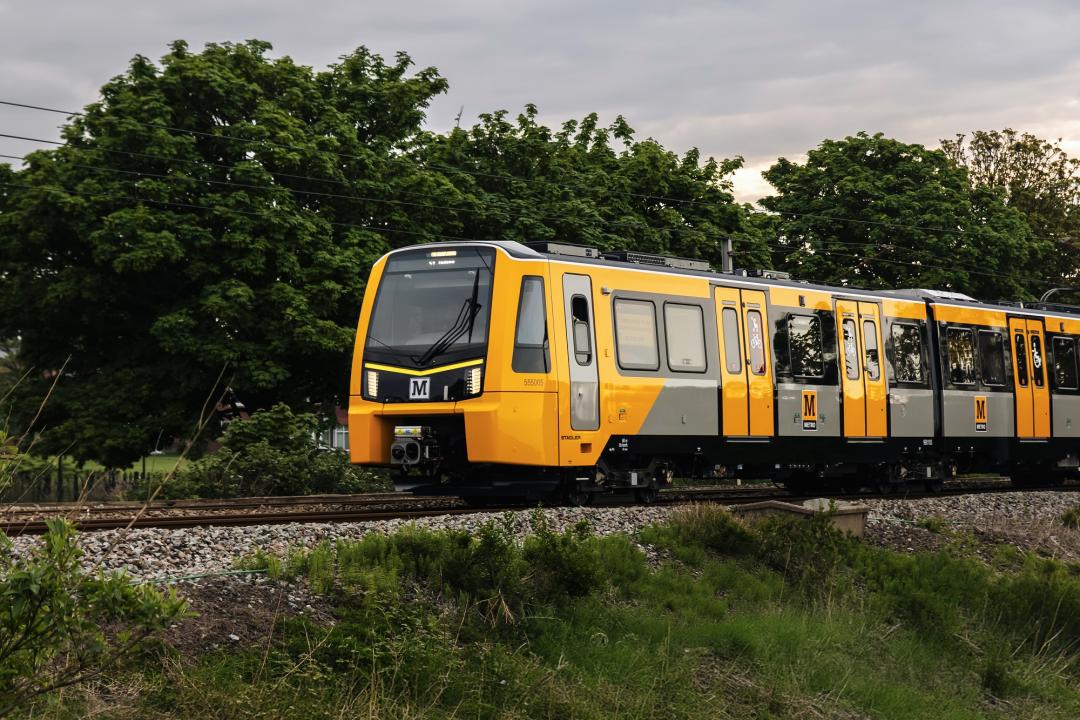
As they introduce new Metro trains into service, the old units will be gradually phased out. Nexus plans to retire the old trains in alignment with the deployment of the new ones. This means that for each new train that becomes operational, a corresponding old train will be removed. During this process, parts and components from the decommissioned trains will be salvaged to support the maintenance of the remaining old fleet. Additionally, whenever possible, some components will be recycled.
Image credit: Nexus

